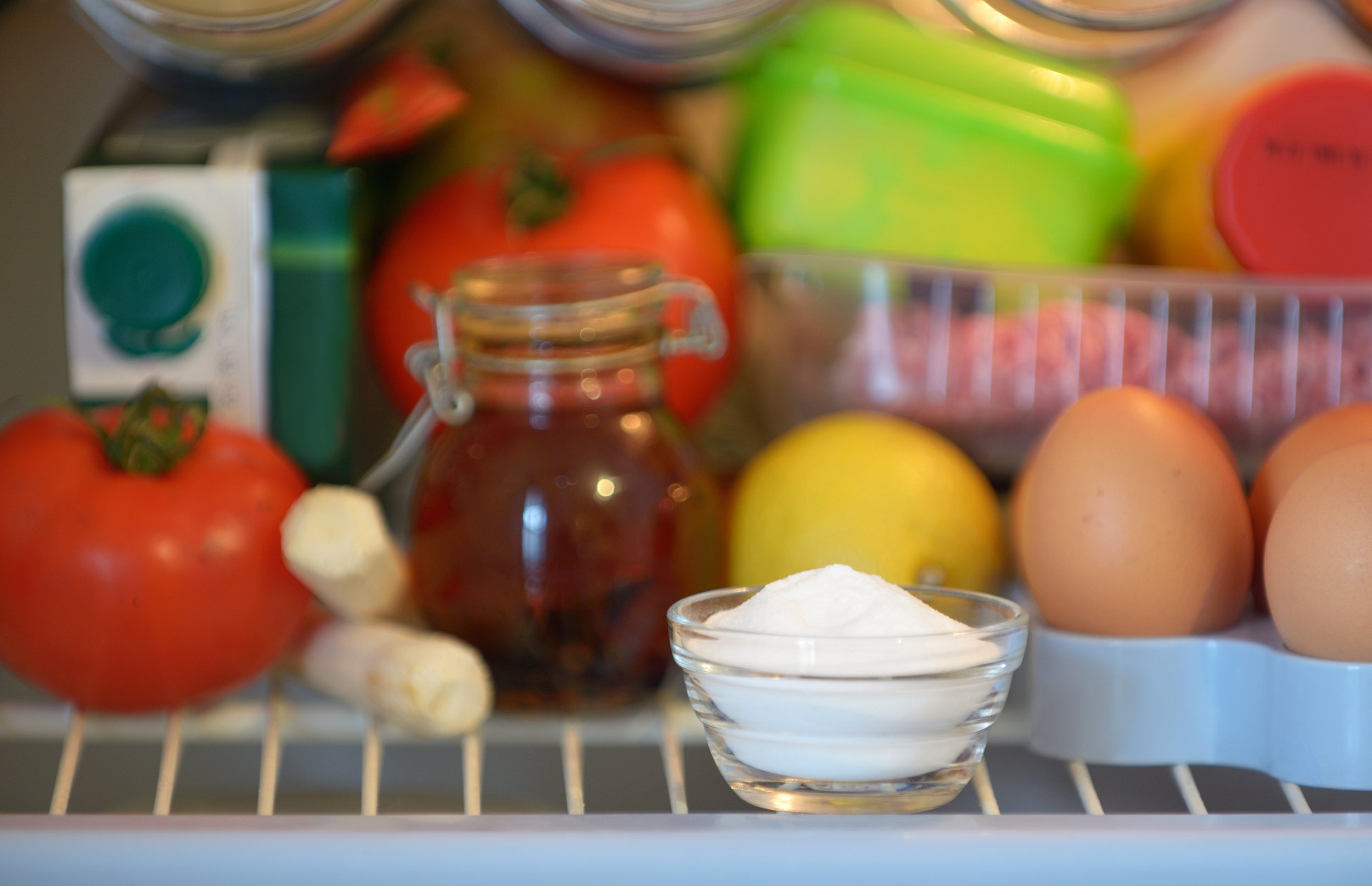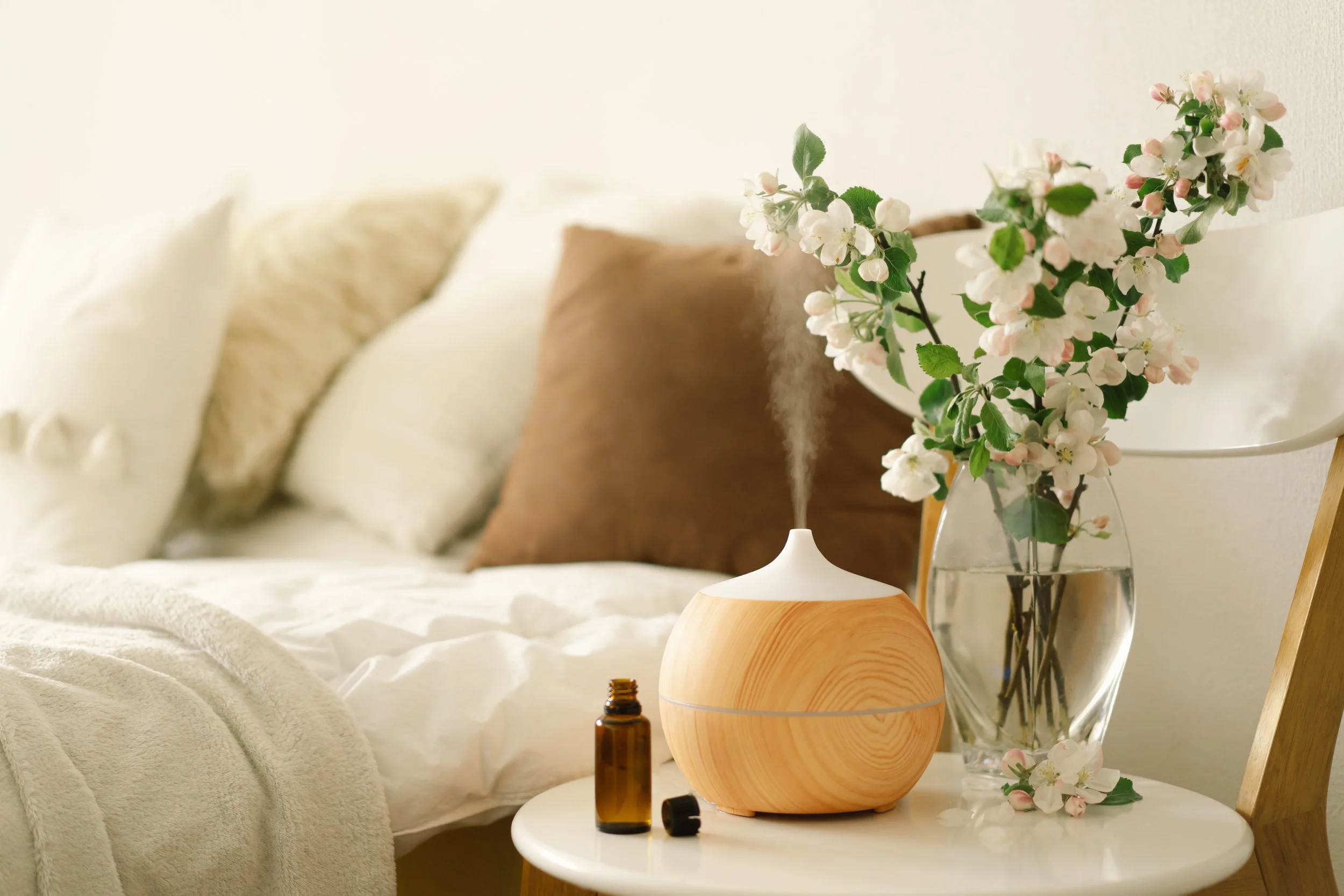Managing Odors in the Apartment
Usually, it starts with a faint whiff of a funky smell that comes and goes. Soon the scent gets stronger, though the source may not yet be identifiable. Before too long, every nook and cranny is being investigated and every knick knack overturned to find out just where that odious fragrance may be coming from! Odors in the apartment can settle on everything and become a tiresome hassle. Eliminating and maintaining them requires consistent, thorough cleaning practices. By keeping ahead of the game with a regular cleaning schedule, our apartments can stay fresh and odor free!
A well lived-in home has the potential to build all sorts of smells from various factors of everyday life! If the apartment starts to develop a bad smell, it may be tempting to mask it with an air freshener and call it a day. However, simply covering up an odor may make the problem worse. Get right to the source of a smell by doing a thorough investigation.
Furry Friends
Pets are a very common cause of odors in the house. Furry and feathered friends are some of the best companions in our lives! But as much as we love them, pets can be messy and smelly if not given enough care and attention. Dogs are recommended to be given a bath every 4 to 6 weeks or so, depending on the breed and coat. If you have the space, give them baths at home and if not, keep them on a consistent schedule with the groomers. Cats can generally take care of themselves, but an unkempt litter box is a sure way to stink up an entire living space. If the box itself starts to smell, empty it out entirely and soak it with a mixture of vinegar, baking soda, and water for several hours. Make sure to wash, rinse and thoroughly dry before refilling it. Similarly, terrariums, aviaries, and aquariums need to be consistently maintained to avoid unpleasant odors. Keep carpet, upholstered furniture, and rugs vacuumed to prevent the smells caused by regular pet fur and dandruff. Find more tips for how to remove pet odor from carpet at the end of this article.
Sometimes accidents on the furniture or carpet are bound to happen and when they do, they need to be addressed swiftly to prevent them from affecting the rest of the house. As soon as the spot is discovered, scrape or soak up as much of the mess as possible. It is recommended to clean with store bought cleaners such as Arm & Hammer stain and odor eliminator or a home made solution of 3 parts cold water to 1 part vinegar. Pat or blot the area - do not try to rub it out - and repeat the process multiple times to fully remove the smell. Remember to always test a carpet cleaner on a small inconspicuous spot before using it on a large area.
Smoke Scents
Cigarette smoke is another common cause of unwanted smells in the home. If you want to learn how to get rid of the smoke smell in the apartment, follow a few practices to keep the home smelling fresh! For one it’s important to ventilate the rooms. Allow a full cross breeze to push any unwanted odors out. Next, replace air filters in the AC, furnace filters, and air purifier filters as these can absorb the smell of smoke and continuously push it out to the rest of the home. Then clean the whole apartment. Mop the floors, wipe down the counters and deodorize the carpet and furniture. Use candles, indoor plants, and air purifiers to manage scents daily. Keep in mind however, that these tips are simply for managing the smell. Full removal of cigarette smoke smells will require deep cleaning by professional cleaners.
Kitchen Aromas
Of all rooms in the apartment, the kitchen is especially prone to building up odious odors! Leftovers frequently get pushed to the back of the refrigerator, out of sight and out of mind, for days on end. Suddenly the fridge may start to smell a little funny as forgotten dinners start to spoil or spills in the bottom corner under the fridge leave a faint scent on everything around them. Start by cleaning out the refrigerator at least once a week. Leftovers should be tossed well before they spoil - 3 to 4 days is a good general rule of thumb to prevent foodborne illness. Wipe down shelves and drawers regularly to clean up spills before they start to smell. Once the fridge is clean and clear, add a box of baking soda to absorb new odors and keep everything fresh!
After a few meals, greasy stove tops may also start to cast a funk over the kitchen. To get your range sparkling again, create a solution of hot water with a few drops of grease cutting dish soap. Dip a microfiber cloth into the solution and wipe down the stove. Repeat as many times as needed, replacing the cloth as it gets soiled. Next, wipe down the kitchen cabinets with a microfiber cloth and warm soapy water: cabinets collect more oil, grease, and other spills than we may realize, which in turn can contribute to the smells of the kitchen.
Perhaps the worst source of smells in the home is the kitchen trash can. Especially during hot summer months, food waste can give off a very strong odor, affecting the whole apartment, and the longer the food sits, the worse the smell becomes. The moment the trash fills up, take it out to the dumpster! If the trash starts to smell before the bag is ready to be taken out, you can sprinkle in coffee grounds or baking soda to absorb the vapors until the can is full. You may unfortunately find that even after the trash is taken out that the can itself turns out to be the problem. In this case, you will need to clean the whole container. Rinse it and wipe it down with a solution of water and white vinegar. Don’t worry about the vinegar smell, as it will dissipate in a few hours taking the other odors with it!
Appliances like the garbage disposal and the dishwasher often contribute their own set of foul fragrances. These kitchen staples also require their own cleaning schedule to keep them in tiptop shape. If the garbage disposal begins to smell, grind several ice cubes in the disposal, then sprinkle Borax down the drain and rinse everything down. Did you know that the dishwasher also needs a good occasional deep clean? Start by clearing out any food that may have collected at the bottom. Next, check with the manufacturer to see if your specific appliance has a filter that needs to be cleaned. After following those directions, run a cleaning cycle using dishwasher tablets. Alternatively, fill a container with white vinegar and place it on the lower rack of the appliance. Run a regular dishwashing cycle, then sprinkle baking soda on the bottom. Lastly run a hot water cycle and voila, a clean and fresh dishwasher that won’t stink up your living space!
Bathroom Bouquet
Showers, sinks, and toilets can also cause unpleasant odors that disrupt the entire home. If the toilet bowl seems to be a consistent cause of unpleasant smells, consider increasing the frequency of cleanings. Toilet bowls should always be cleaned before build up starts to be visible. To clean and sanitize it, you can either use store bought toilet bowl cleaner or a cup of white vinegar. After adding this to the bowl let it stand for about 5 minutes. Then scrub and flush all of the residue away. Similarly, if you notice that the sink drain is emitting a foul smell, pour a solution of bleach and water down the drain and let it stand for about 5 minutes to break down any build up in the pipes. Then run the water to wash it down!
Due to a variety of factors including a bout of residual monsoon conditions, summer in Southern California this year has been extra humid and tropical. While humidity can have positive benefits for our health, it also comes with the risk of mildew build up in the home. High humidity climates also mean that line-dry laundry will need to air out longer or that condensation from showers may not evaporate quickly. Proper ventilation of the bathrooms and kitchen is more important than ever during humid conditions. If your home has bathroom exhaust fans, make sure to turn them on for every bath and shower. If your apartment does not have fans, be sure to ventilate the room by opening a window until all surfaces are dry and the moisture in the air returns to regular levels. Not ventilating rooms could risk mold and mildew growth, especially along window sills. Not only will mildew leave the house smelling musty, but can cause health issues that range from irritating to detrimental. If you find small areas of mold in the home such as shower tiles or window sills, you can use a white vinegar solution or bleach mixed with water to remove it. However, be sure to conduct thorough research on which surface requires which cleaner! For example, vinegar can damage granite surfaces and bleach can discolor porous materials.
Keep it Fresh
Keep It Fresh
Even after the source of the smell is dealt with, it may still be advisable to thoroughly clean the entire apartment. Smells can settle and remain on surfaces for a long while if not dealt with quickly. For this reason, it may be helpful to preemptively deep clean everything, especially absorbent surfaces like sofas, carpet, and beds. Baking soda is a very effective deodorizer, especially as a pet odor eliminator. Deodorize textiles by sprinkling them with baking soda then allowing it to sit for at at least 15 minutes or overnight before vacuuming it up. Wipe down hard surfaces with appropriate scented cleaners to cut through grease, dirt, and grime. Once all of the cleaning is done, lock in the fresh air! Light scented candles after cooking to freshen the air and burn off the scent of food. Alternatively, keep an essential oil diffuser running to a crisp, clean fragrance filling the home! When weather permits, open the windows and allow the fresh outdoor air to push out the stagnant air. Finally, relax and breathe in the sweet smell of a clean and comfortable apartment!








